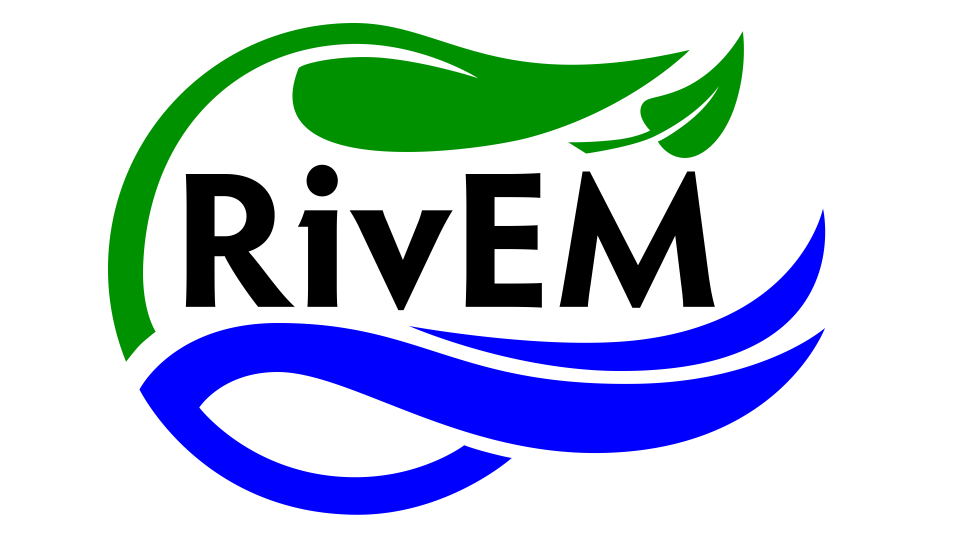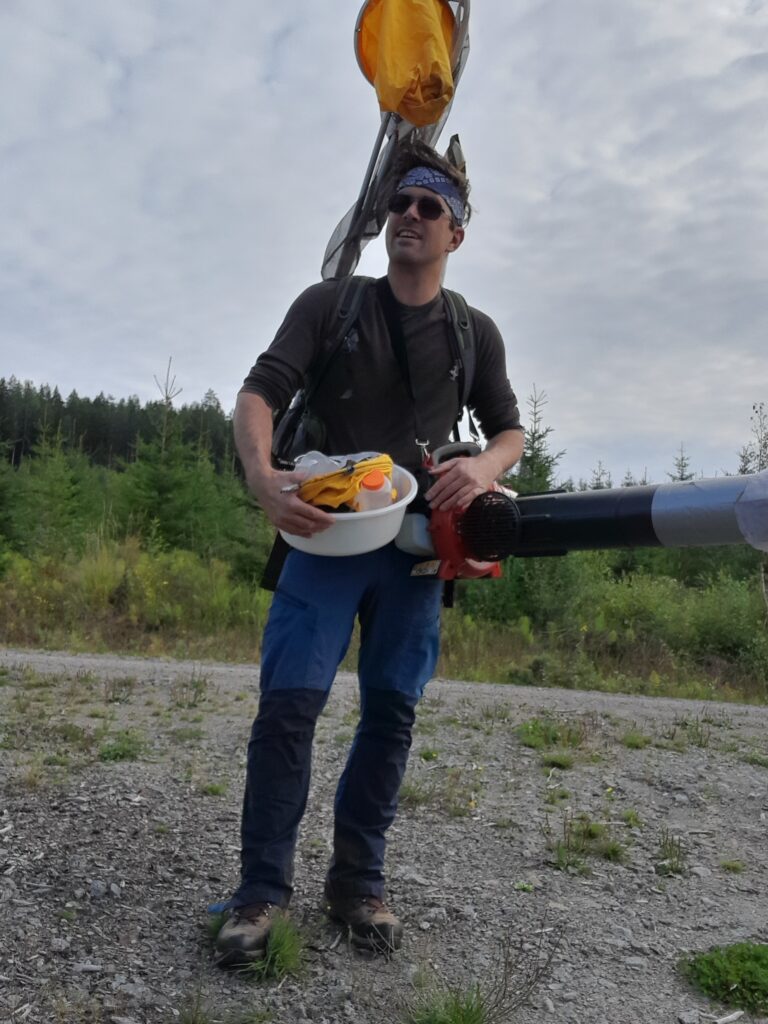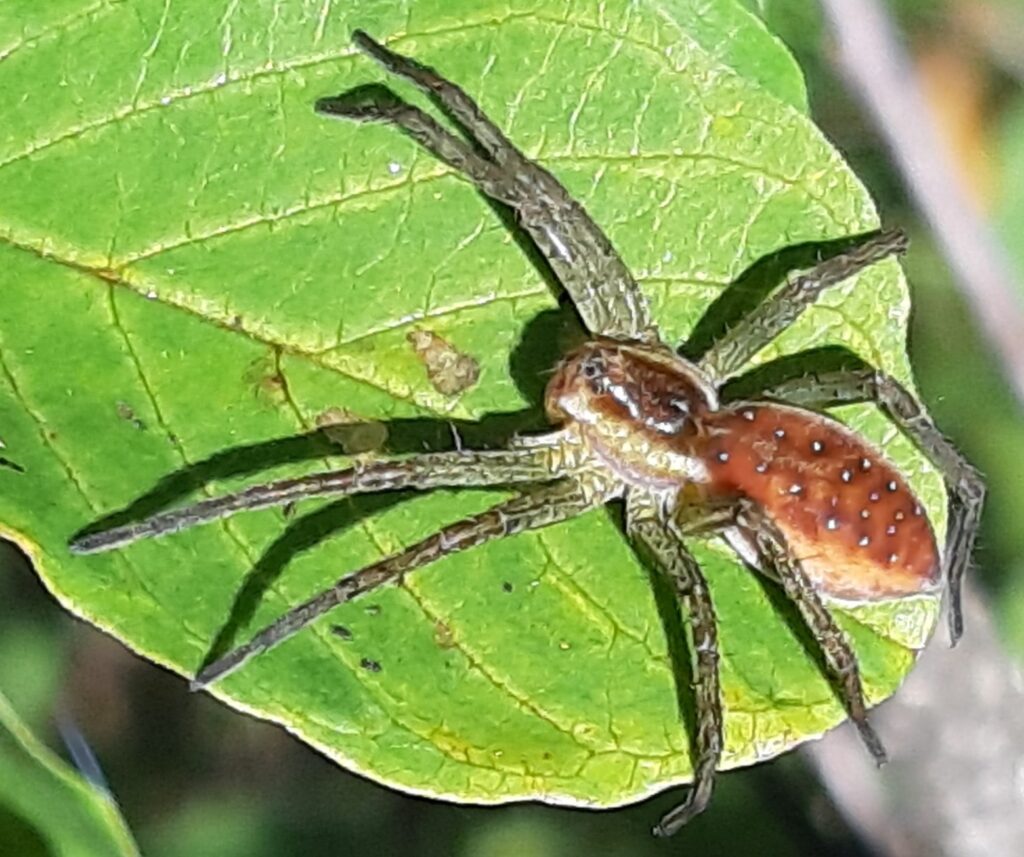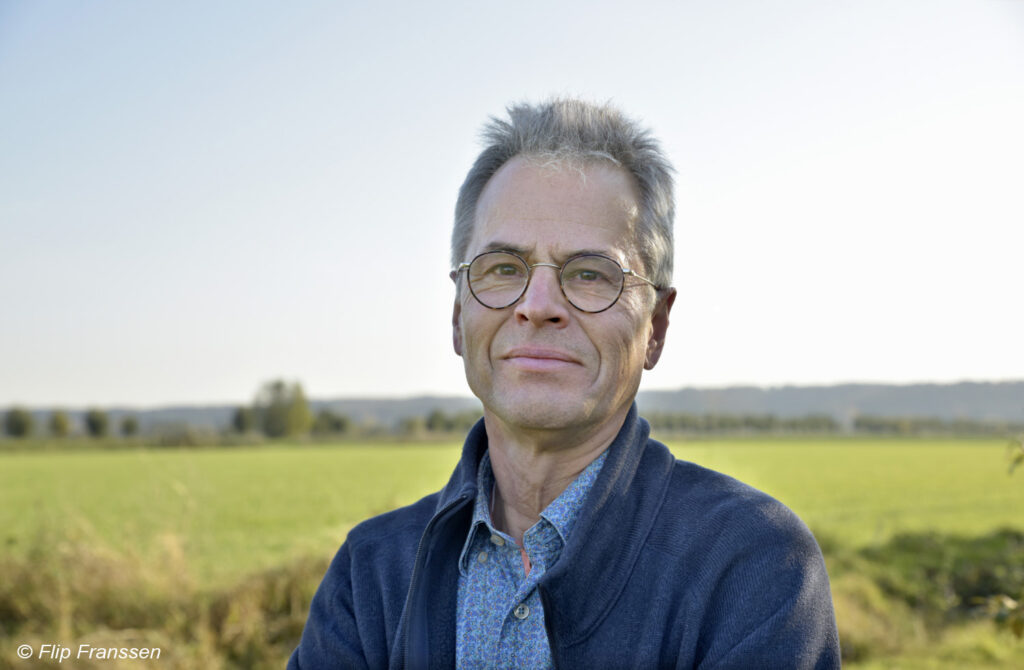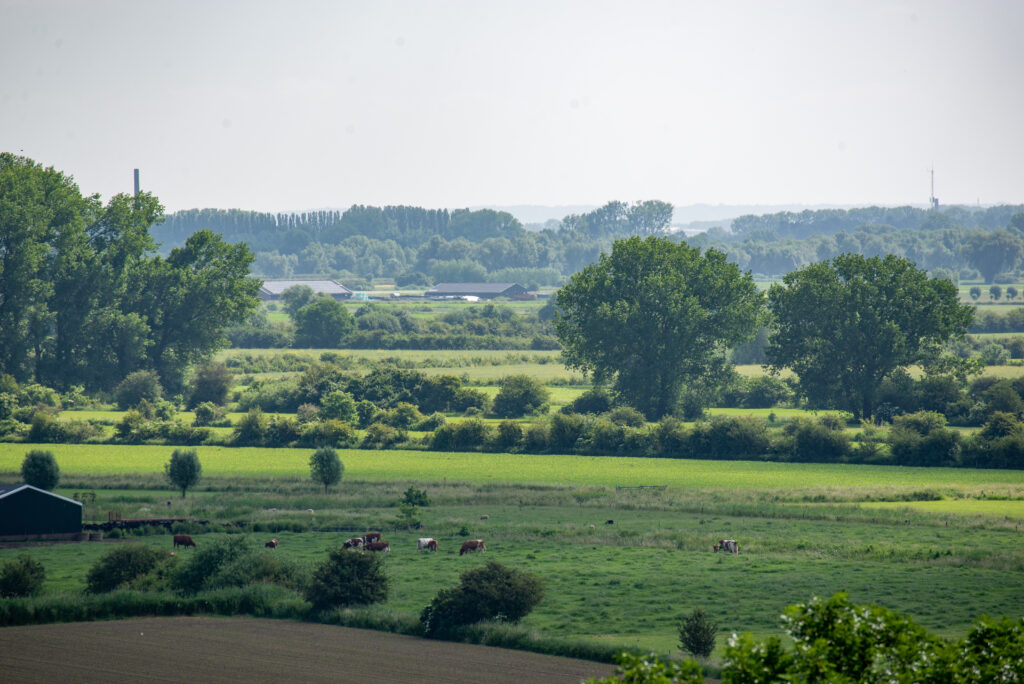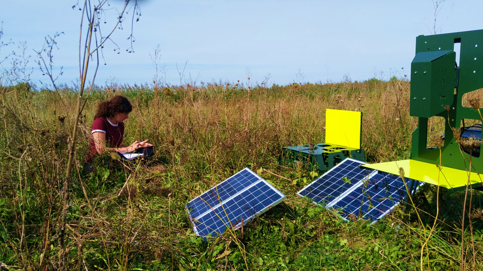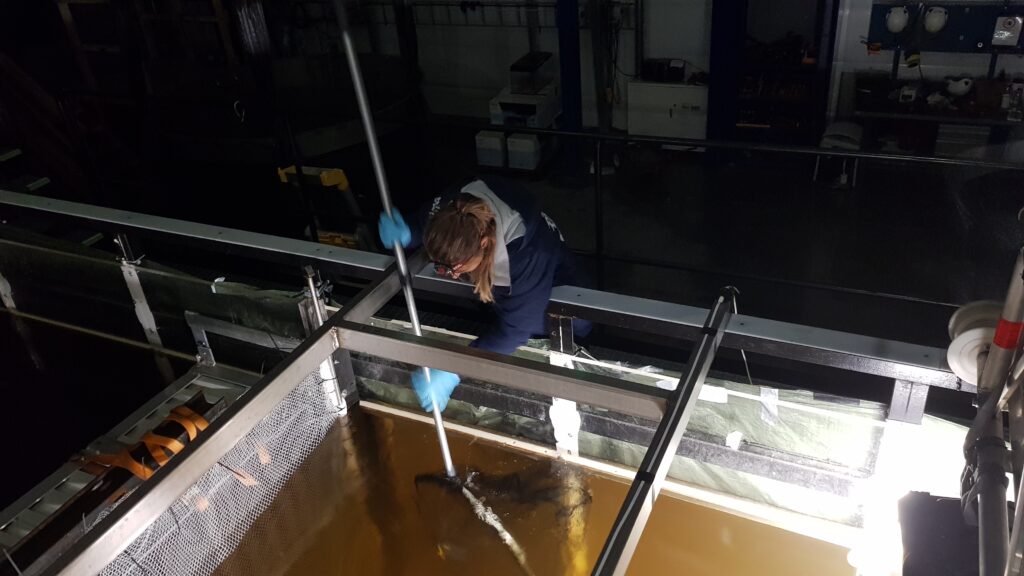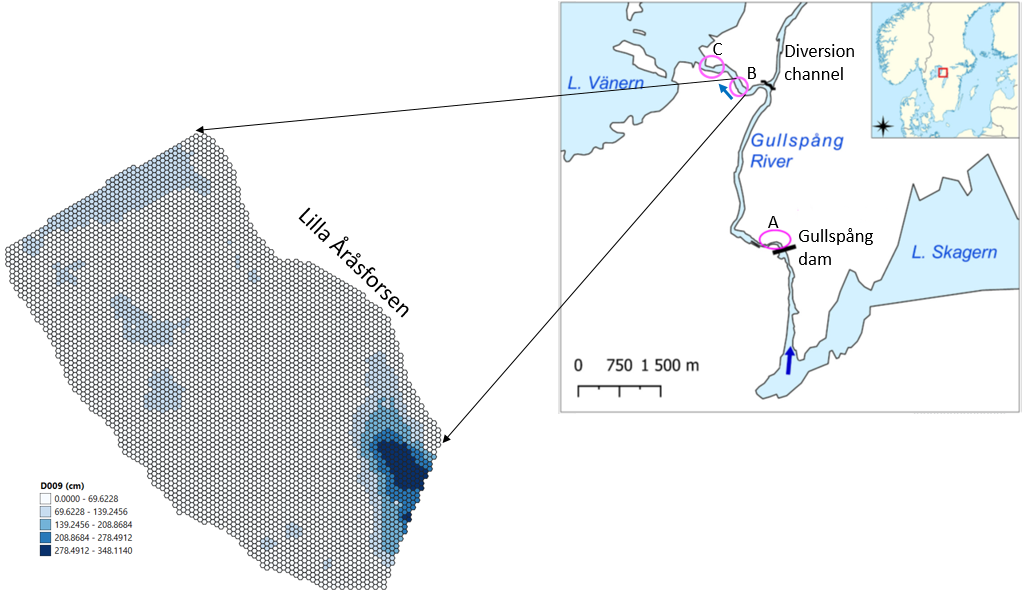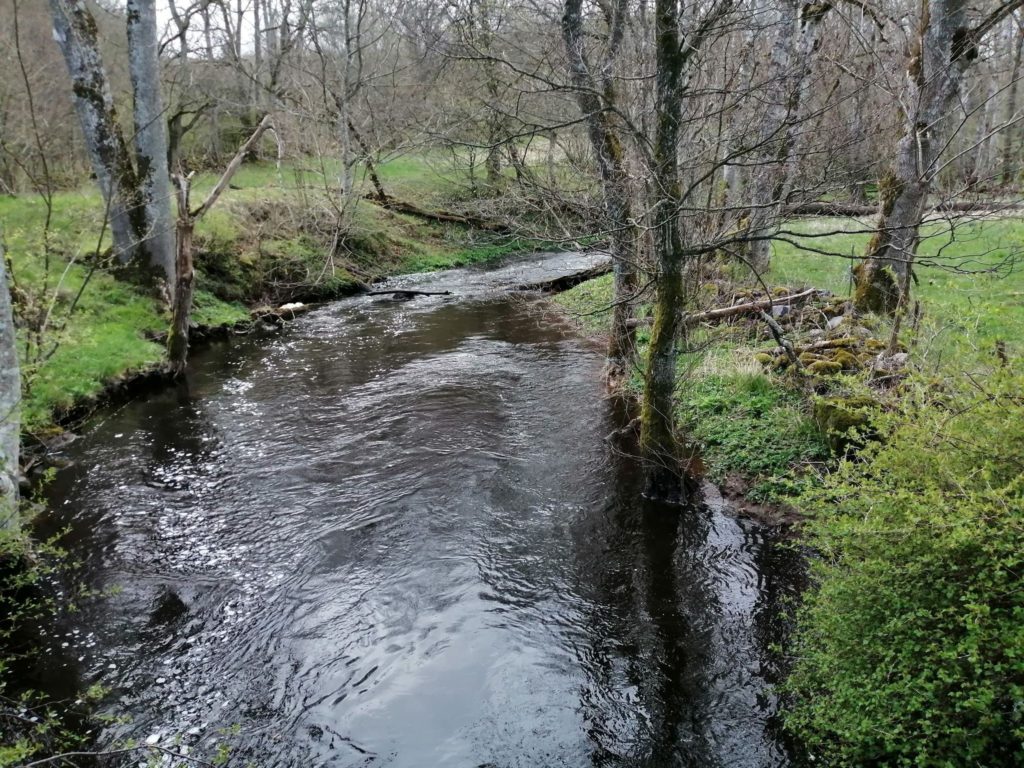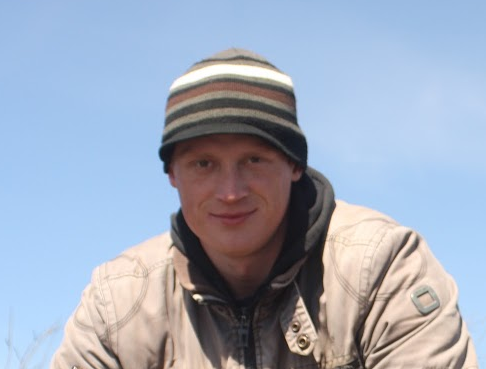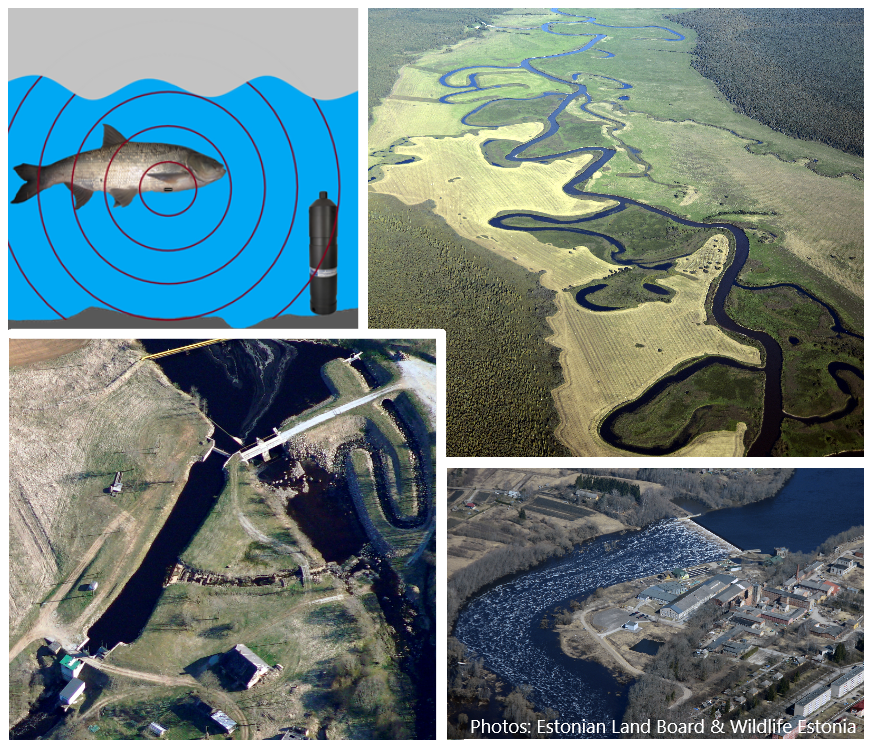Seminar: Richness and redundancy: Functional diversity in riparian spiders and plants
Posted by Louis Addo | SeminarOn March 8th at 13.15 (CET), KAU Biology doctoral candidate Jeff Marker will present his seminar on riparian functional diversity. Measuring biodiversity in an ecosystem is more than just counting species, it is essential that we understand exactly what effects those species have on their habitats and how they shape ecosystem processes. By looking at a combination of indices and pinpointing functional traits, Jeff will walk us through the effects of forested riparian buffer and forestry management on the functional diversity of riparian spiders and plants. Join the meeting on zoom via https://kau-se.zoom.us/my/kaubiology
